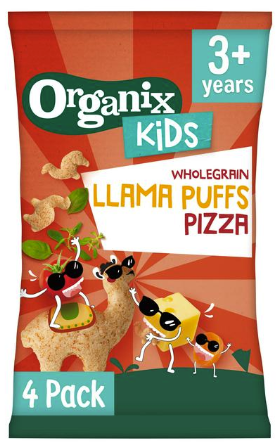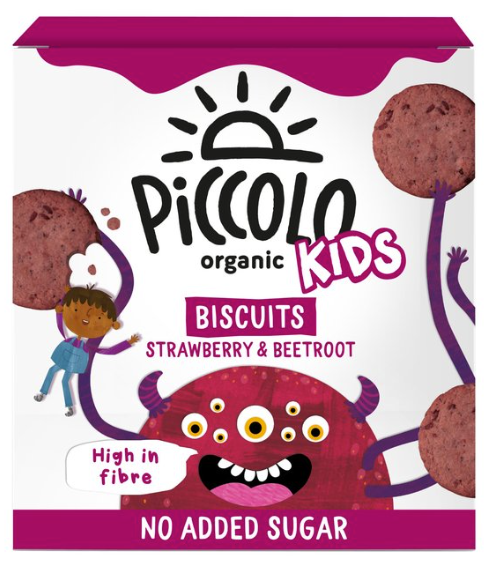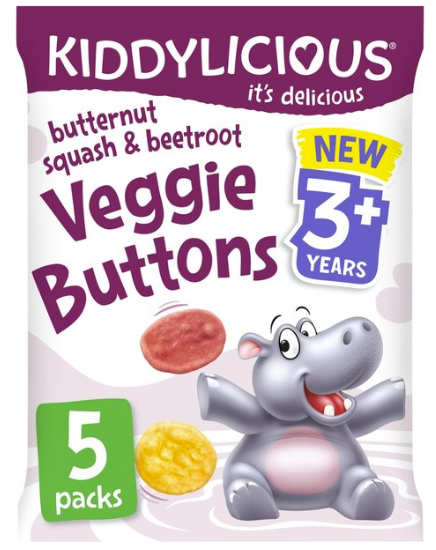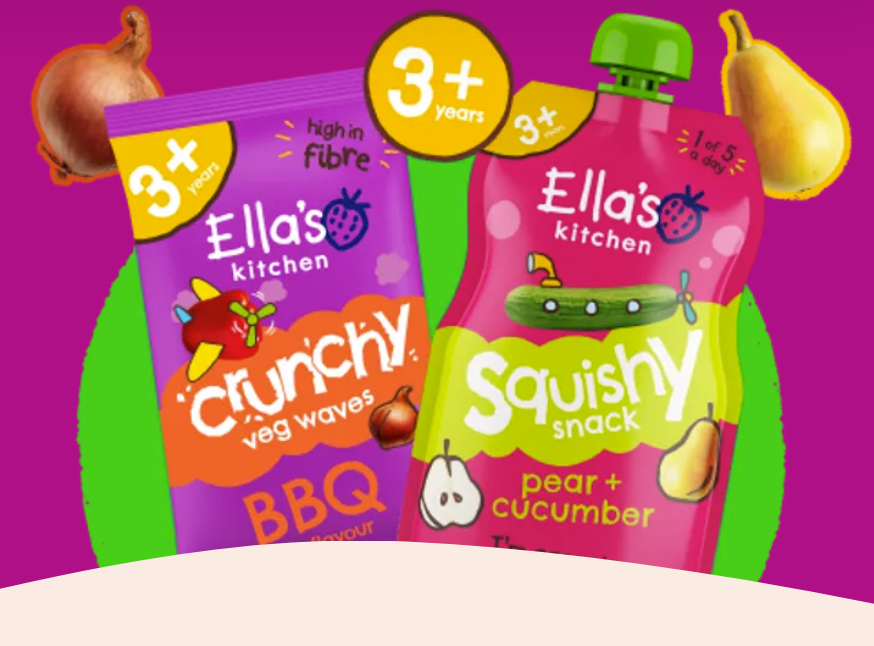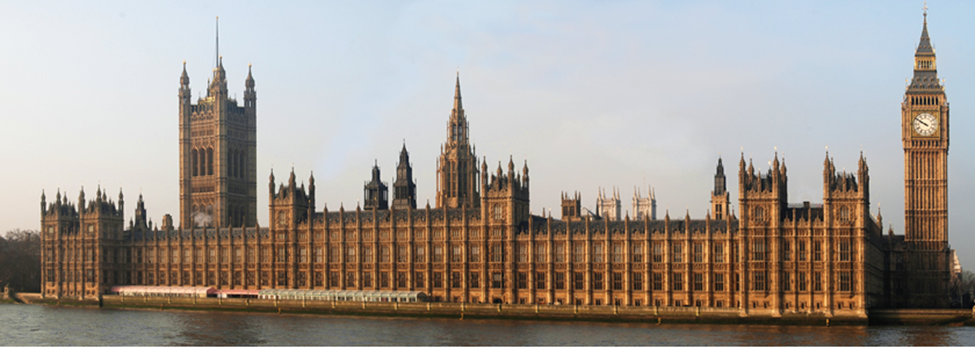Tree in bloom image by Bearfoto
Welcome to our May newsletter. We hope you are enjoying the onset of summer.
This month we have lots of news for you as follows: headline news reports on infant formula price inflation (informed by our routine price monitoring); an updated cost of living briefing based on this new data; new guidelines from WHO on non-sugar sweeteners (which should be good news for infants and young children in the UK if taken on board); and news of even more ‘healthy’ discretionary snacks being marketed for pre-school children.
In infant milk news we share our updated infant milks cost report and remind you where you can find answers to your frequently asked questions.
As secretariat of the BFLG-UK, we update you on the latest on the Retained EU Laws (REUL) Bill and tell you about an upcoming ‘Code Congress’ we will be attending at the WHO in Geneva next month.
And for forthcoming events, there is a meeting of the APPG on Infant Feeding and Inequalities in June as well as the conference of the Association of Breastfeeding Mothers.
Happy reading.
News
Infant formula prices rises raised with PM!
Shockingly high infant formula prices, high rates of inflation and the coping mechanisms being used by desperate families made headline news mid-May. Sky news broadcast a feature on this subject, in to which we fed our updated infant formula cost data and price trends analysis (see more on both below).
Highlights here:
The main news story: https://youtu.be/QNBWnqWECQE
Response from PM Rishi Sunak:
https://twitter.com/TomSkyNews/status/1659430759688437761
Intervention by Alison Thewliss, MP in parliament: https://twitter.com/alisonthewliss/status/1659153996047581184
Our two main asks to protect infant health in this context are:
1. For Defra to intervene to investigate and cap infant formula prices.
2. For DHSC to urgently increase the Healthy Start allowance to take in to account food inflation, along with other improvements to increase coverage and effectiveness of what is meant to be a nutritional safety net. These are among 10 recommendations in our ‘Cost of Living briefing’ – see below.
This news led to a Westminster Hall debate on Healthy Start, focusing on the need to increase the allowance amount. Unfortunately, and almost unbelievably, this still does not look likely (you can read the debate transcript here).
Update Cost of Living Briefing
Based on our updated infant milk cost report (see below), we updated our report: “What the cost of living crisis means for the diets of infants and young children and recommended actions”. Read this report here.
Key points include:
Between March 2021 (before food prices started to rise) and April 2023, the most widely available and purchased powdered infant formulas increased in cost by an average of 24% (range 17-31%) and the only ‘own-brand’ infant formula increased 45% over the same two year period.
No first infant formulas are affordable with the Healthy Start allowance.
There is a huge range in the retail prices of comparable products – which must all conform to the same UK regulations - meaning the monthly cost of feeding a 10-week-old baby infant formula typically varies from £44 to £88.
Three factors call in to question the justifiability of the price rises: wide variations in prices of comparable infant formulas, differing rates of price increases between brands, and market growth despite slowing sales. It appears that companies are safeguarding their profits whilst families who cannot afford increasingly expensive infant formula may resort to unsafe practices, putting their baby’s health at risk.
The rising prices over time and how they compare to the Healthy Start allowance is shown in this graph:
We make 10 recommendations which we believe would improve the food security of infants and young children in the short and long term, including:
The Government must address the fairness of infant formula pricing, and cap the price
The Government must urgently improve the Healthy Start Scheme in order that infant formula is accessible to all families who need it
Public health messaging should make clear that all infant formulas are nutritionally adequate and there is no need for families to buy more expensive infant formulas
More retailers should offer an own brand infant formula
Local Authorities and Health Boards should support families with infants under 12 months experiencing food insecurity
Research is urgently needed to assess the scale and scope of the impact of the cost of living crisis on the diets and health of babies and young children
The Government should take action ensure infant food security in the long term, such as including infant formula in the UK food security assessment and doing more to enable breastfeeding
WHO releases new guidance on the use of non-sugar sweeteners
The World Health Organization (WHO) has released a new guideline on the use of non-sugar sweeteners (NSS) (also called artificial sweeteners). The guidance specifically states ‘that non-sugar sweeteners not be used as a means of achieving weight control or reducing the risk of noncommunicable diseases’. It applies to all adults and children with the exception of those who have pre-existing diabetes.
The guidance is based on the findings of a systematic review of the available evidence including 283 studies in adults, children, pregnant women and mixed populations. Overall, the data shows that whilst there may be some benefits with NSS use in the short term, over the longer term, which is key to maintaining good health, the use of NSS is not beneficial as a means of weight control nor for reducing the risk of noncommunicable diseases (NCDs). Long-term use of NSS may even be harmful to health, potentially increasing the risk of type 2 diabetes, cardiovascular disease and mortality in adults.
Since the WHO and other authoritative health bodies issued recommendations that population intakes of free sugars be reduced as a means of protecting against NCDs, the food industry has used NSS to reduce the free sugars in its products whilst maintaining a sweet taste. The new guideline points out that because free sugars are often found in highly processed foods and beverages with undesirable nutritional profiles, replacing these with NSS has little impact on the overall quality of the diet.
Francesco Branco, WHO Director for Nutrition and Food Safety stated that "People need to consider other ways to reduce free sugars intake, such as consuming food with naturally occurring sugars, like fruit, or unsweetened food and beverages”. We couldn’t agree more: it is important not to cultivate a sweet palate and the sooner in life this begins, the greater the benefits for future health.
The authors highlight that the guidance is not based on toxicological assessment of individual sweeteners but rather NSS as a class of compounds and so it does not replace existing guidance on safe intakes of NSS. They also note that although no conclusive mechanistic links have been validated in human models, their existence reinforces the importance of the associations identified in prospective cohort studies and highlights the need for further research.
If you want to learn more about the latest findings and their implications for policy, don’t miss Anna Taylor - CEO of the Food Foundation in conversation with Francesco Branco on Wednesday 31 May at 9.00am. You can sign up to listen here.
You can find out more about artificial sweeteners (NSS) in the diets of young children in the UK in our 2019 report Sweet enough already?
More new commercial snacks marketed for pre-school children
The commercial baby food sector is expanding into preschool snacks in response to declining birth rates. According to the market research firm Mintel, ranges of food products for older children help businesses continue to maintain profits by growing their audiences and retaining users for longer.
In July 2021, Kiddylicious introduced a line of products for children over three, while in October of the same year, Piccolo introduced a line of cereals, yoghurts and snacks for this age. The most recent entrants to the market are Ella's Kitchen, who introduced a new line of snacks for children aged three and older earlier this year, added to which Organix plans to introduce snacks in June for children between the ages of three and six.
These snacks are often marketed as healthy for children, with companies taking advantage of the Ofcom HFSS rules (i.e. ensuring that these snacks cannot be classified as high in saturated fat, salt or sugar), despite these rules being based on recommended dietary intakes for the general population and not young children.
The growth of the pre-school snack market contradicts public health advice that snacks should be based on healthy family foods, including a wide variety across the food groups. In addition, commercial children’s snacks are likely to be ultra-processed, and so do not accustom young children to the real taste of the unprocessed and minimally processed foods which should form the basis of a healthy diet during childhood.
Infant Milk News
Updated infant milk cost report
Our report “Costs of infant formula, follow-on formula and milks marketed as foods for special medical purposes available over the counter in the UK” has been updated and can be accessed at infantmilkinfo.org/costs.
A reminder that the purpose of this report is for health care professionals to be able to advise parents on the comparable costs of the wide range of different brands and formats of formula, which (within categories: infant formulas and follow on formulas), are otherwise comparable in terms of their nutrition composition, as they must all meet the same legal requirements, should parents require cost information. We compare cost per 100ml, as infants cannot eat powder!
Aldi Mamia powdered infant formula is the cheapest infant formula on the market despite increasing in price to £9.39 for 900g. For families who cannot access the Aldi formula, the least expensive of the more widely available alternatives (on the basis of a week’s average consumption), now cost between £9.75 and £11.35 per can.
'Big packs' of formula (such as Cow & Gate 2*600g packs) are less expensive per 100ml than standard pack sizes. However, purchasing a larger pack will require families to pay a greater up-front cost, and these packs are not available in all retail contexts.
FAQs
Here at FSNT we love to receive your comments, feedback and queries. Some of the most frequently asked questions relate to the safety of making up infant formula using the different preparation devices available on the market and the suitability of soya milk for babies whose parents wish to raise them on a vegan diet. Here is just a quick reminder of some of the questions we answer in the FAQ section of our infant milk website www.infantmilkinfo.org
Are formula preparation machines safe?
Are rapid cooling devices safe to use when preparing powdered infant formula?
Is filtered water safe to use when preparing powdered infant formula?
Are soya based infant formulas useful if there are allergies in the family?
Are there any infant formula suitable for vegans?
Please do have a quick look to see if we have a relevant answer before sending Susan your queries 😊 Susan@firststepsnutrition.org
Baby Feeding Law Group UK news
Retained EU Laws (REUL) Bill update
The original Retained EU Law (Revocation and Reform) Bill (REUL Bill) contained a “sunset clause” which stated that retained EU laws (including many related to foods, such as those relating to foods for infants and young children) would automatically expire by the end of 2023, if they had not been reviewed by the government (explained here). Many felt that this provided insufficient time to review all EU laws (especially since an increasing number – over 2000 – of such laws were identified) and to ensure that measures were put in place to cover the regulation provided by those laws. Therefore, on 10 May 2023, government tabled an “amendment for Lords” Report, recommending that the sunset clause be replaced with the commitment to publish a list of (approximately 600) EU laws that government intends to revoke by the end of 2023. On 17 May 2023, this REUL Bill HL Bill 139 (as amended on Report) was published, including the list of laws that government plans to revoke in Schedule 1. Any laws that do not appear on that list will remain valid, for now, and this includes the UK laws governing infant and follow on formula and foods for special medical purposes, and baby foods. While there may still be challenges with implementing the bill, this change provides welcome extra time to review all retained EU law, and as necessary, facilitate revoke or reform of laws after proper assessment and consultation. On 22 May 2023, the Lords Amendments to the REUL Bill was tabled at the third reading of the REUL Bill in the House of Lords, and on 24 May 2023, these amendments will be considered in the House of Commons, indicating the final stages of the passage of this bill.
We will keep you informed of the implications for laws relevant to formula and baby foods.
Global Congress on Implementation of the International Code of Marketing of Breast-milk Substitutes
From 20-22 June, the Global Congress on Implementation of the International Code of Marketing of Breast-milk Substitutes will be taking place at the World Health Organization (WHO) in Geneva.
The objectives of the Congress include to develop national roadmaps/work plans to strengthen legislation, monitoring and enforcement of the International Code of Marketing of Breast-milk Substitutes. The Congress will be attended by country delegations including government representatives, parliamentarians, UN agencies and NGOs supporting Code issues, civil society organisations working on breastfeeding, consumer protection and human rights and academics researching the marketing of breast-milk substitutes. First Steps Nutrition Trust will be represented at the congress by Dr Vicky Sibson and the Baby Feeding Law Group UK by Dr Katie Pereira-Kotze.
Forthcoming
All-Party Parliamentary Group on Infant Feeding and InequalitieS (APPG IFI) meeting: Tuesday 13 June
The next APPG IFI meeting, chaired by Alison Thewliss MP will take place on the Tuesday the 13th of June at 12pm in Parliament. The speakers will be Prof Nigel Rollins and Dr Robert Boyle presenting on the Lancet Breastfeeding Series 2023, and Patricia Wise presenting on the Infant Feeding Support Competencies Framework. We assume the questions and debates in Parliament arising from the Sky News on infant formula prices will also be included. Anyone is welcome to contact Alison Thewliss MP at Alison.thewliss.mp@parliament.uk to confirm interest in attending. These meetings are hybrid and therefore in-person or online attendance is possible.
Sign up here if you would like to receive the APPG IFI newsletters.
Association of Breastfeeding Mothers (ABM) Conference: Saturday 24 June
The ABM Conference 23 is taking place on Saturday the 24th of June, both online and at The Priory Rooms in Birmingham. The theme for the conference is “Shifting Perspectives – Navigating the Future of Breastfeeding”. A list of speakers are available and tickets can be booked here. Dr Katie Pereira-Kotze will be presenting on “Current challenges with infant milks marketed as foods for special medical purposes (iFSMPs) in the UK” which will include some of the key findings from the BFLG-UK report “Infant milks marketed as foods for special medical purposes (FSMP): The case for regulatory reform to protect infant health” published in December 2022.
